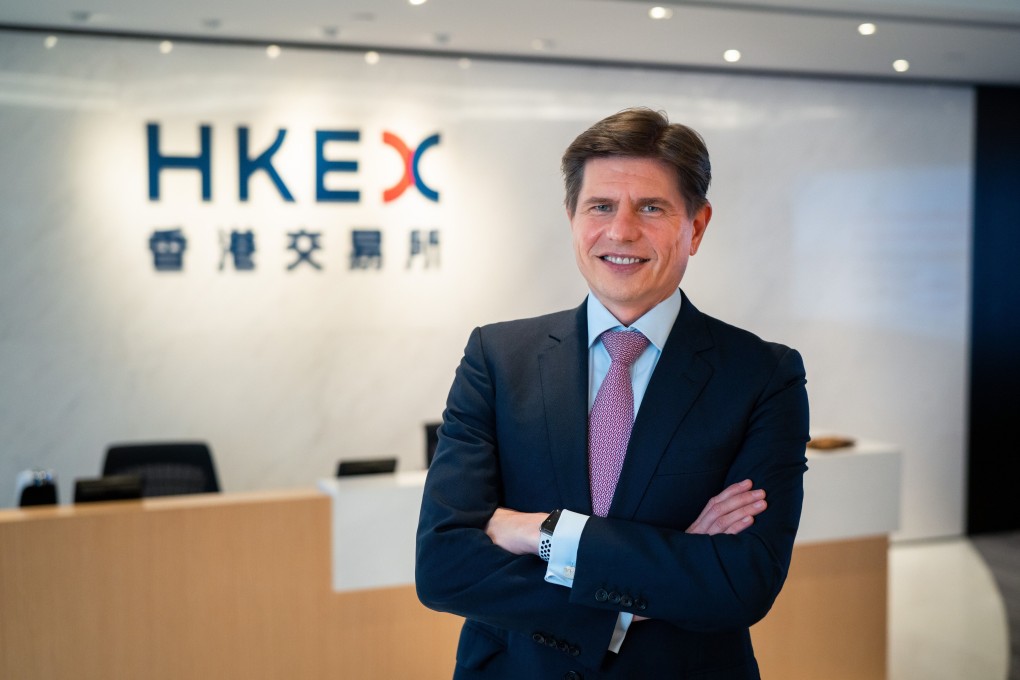HKEX waives ETF fees to spur growth of fixed-income products as it braces for higher stamp duties’ effects on stock trading
- The Hong Kong stock exchange will waive the trading tariff and settlement fee on fixed income Exchange Traded Funds (ETFs) and money market ETFs
- The move should help the bourse diversify into more product offerings, analysts say

The move to promote fixed-income ETF shows that the exchange, the world’s largest market for initial public offerings (IPOs) in seven of the last 12 years, is pushing into a broader range of financial products beyond equities, in its competition with bourses on mainland China and around the world to be the preferred financial market place for global capital. The HKEX, which also owns the London Metal Exchange (LME), is bracing for an increase in the stamp duty on stock transactions to take effect on August 1, a move that bolsters Hong Kong’s financial coffers, but which may dampen market transactions.
“The fee waivers will promote both fixed income and ETF products in Hong Kong, which is timely as Beijing is expected to introduce the southbound part of the Bond Connect to allow mainlanders to buy Hong Kong fixed income products,” said Gordon Tsui, chairman of the Hong Kong Securities Association (HKSA), an industry guild.
There are 29 fixed-income and money market ETFs that are eligible for the fee waivers. Hong Kong’s ETF market is one of the largest in Asia, with HK$404 billion (US$52 billion) in market capitalisation. However, that only represents 0.8 per cent of the total size of Hong Kong’s entire financial market, valued at HK$52.69 trillion as of Friday.
“The new fee waivers, which will help investors reduce the costs for fixed-income ETFs and money market ETF transactions, are HKEX’s latest initiative to enhance its ETF market structure and drive liquidity to Hong Kong-listed ETFs,” said Brian Roberts, the bourse operator’s head of exchange traded products. “We believe the fee waivers are being introduced at an opportune time as there has been a strong increase in investor demand for China fixed income products in recent years.”